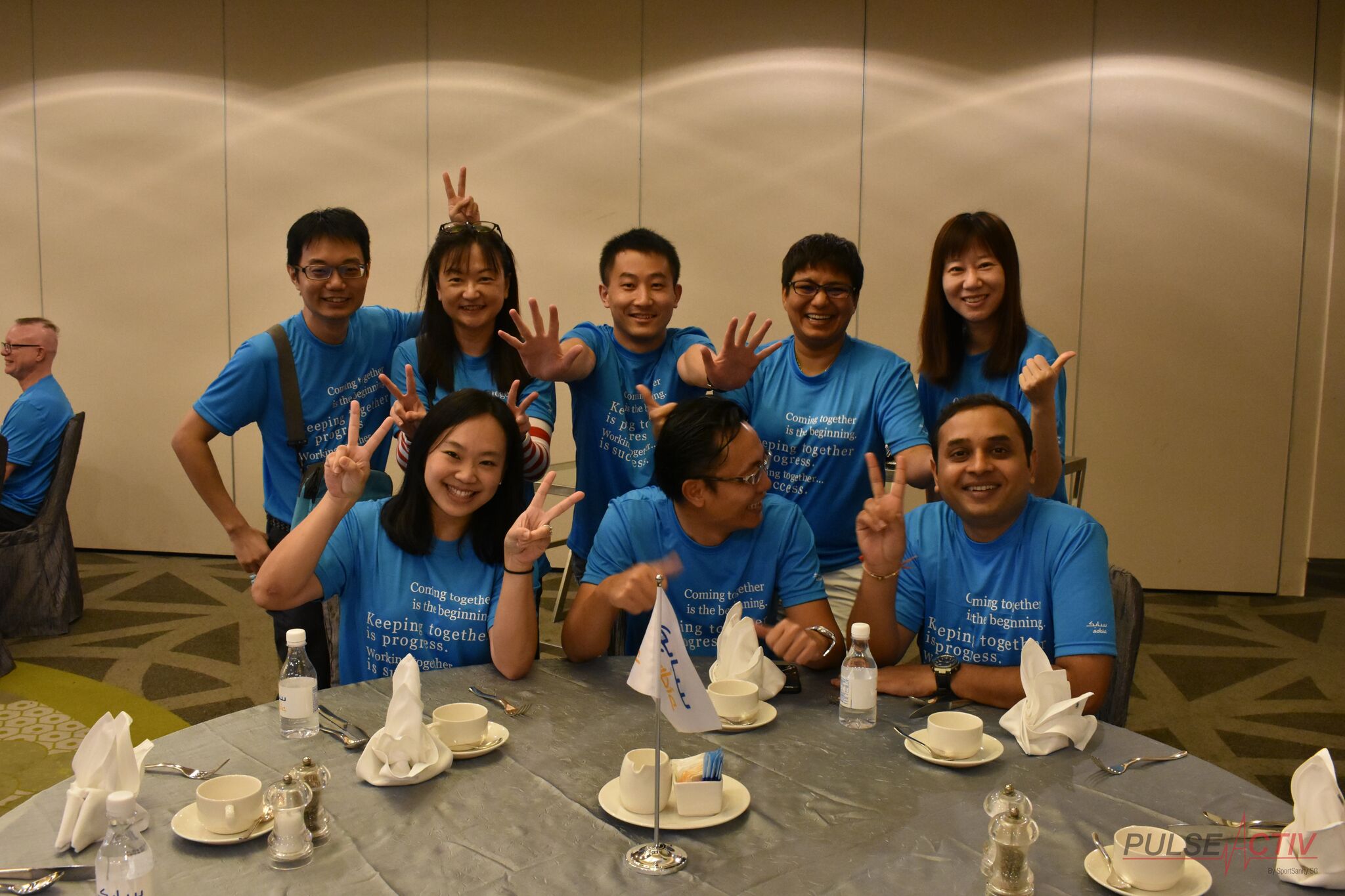Unraveling Personality: A Comparative Analysis of MBTI and DISC Profiling in Organizational Contexts
In the realm of talent management and organizational development, understanding individual personalities and communication styles is crucial for fostering effective teamwork, leadership, and employee engagement. Myers-Briggs Type Indicator (MBTI) and DISC (Dominance, Influence, Steadiness, Conscientiousness) profiling are two widely used methodologies designed to provide insights into human behavior and interpersonal dynamics within organizational settings. In this article, we’ll explore the similarities, differences, and applications of MBTI and DISC profiling, offering a comprehensive comparison for organizations seeking to leverage personality assessments for enhanced performance and collaboration.
Understanding MBTI Profiling
The Myers-Briggs Type Indicator (MBTI) is a personality assessment tool based on the theories of Carl Jung, which categorizes individuals into one of 16 personality types. These types are determined by preferences across four dichotomies: Extraversion (E) vs. Introversion (I), Sensing (S) vs. Intuition (N), Thinking (T) vs. Feeling (F), and Judging (J) vs. Perceiving (P). The MBTI assessment aims to provide insights into individuals’ cognitive preferences, decision-making styles, and interpersonal interactions, helping organizations understand team dynamics and communication patterns.
Understanding DISC Profiling
DISC profiling, on the other hand, is rooted in the DISC theory, which categorizes individuals’ behavioral styles across four primary dimensions: Dominance, Influence, Steadiness, and Conscientiousness. DISC assessments measure individuals’ tendencies across these dimensions, providing insights into their communication preferences, leadership styles, and interpersonal dynamics. DISC profiling is commonly used in organizational settings for team building, conflict resolution, and leadership development, helping individuals adapt their behaviors to different situations and collaborate effectively with others.
Comparative Analysis: MBTI vs. DISC Profiling
Theoretical Framework: MBTI profiling is based on Jungian psychology and focuses on individuals’ cognitive preferences and personality types. DISC profiling, on the other hand, is rooted in behavioral theory and emphasizes observable behaviors and communication styles.
Depth vs. Breadth: MBTI profiling offers a deep dive into individuals’ personality types and cognitive functions, providing insights into their innate preferences and thought processes. DISC profiling offers a broader assessment of individuals’ observable behaviors and communication styles, making it more accessible and practical for a wide range of applications.
Complexity and Accessibility: MBTI assessments can be complex and nuanced, requiring a deeper understanding of Jungian theory and cognitive functions. DISC assessments are relatively straightforward and easy to understand, making them accessible to individuals at all levels of the organization.
Application and Use Cases: MBTI profiling is often used for personal development, career counseling, and team building, providing insights into individuals’ natural strengths, preferences, and potential areas for growth. DISC profiling is widely used for leadership development, conflict resolution, and sales training, helping individuals understand their communication styles and adapt their behaviors to different contexts.
Conclusion
In conclusion, both MBTI and DISC profiling offer valuable insights into human behavior, communication styles, and interpersonal dynamics within organizational contexts. While MBTI profiling provides a deep understanding of individuals’ personality types and cognitive preferences, DISC profiling offers a practical framework for understanding observable behaviors and communication patterns. Ultimately, the choice between MBTI and DISC profiling depends on the specific needs, objectives, and organizational culture of each organization. By leveraging the insights provided by MBTI and DISC profiling, organizations can enhance self-awareness, foster effective communication, and build high-performing teams that drive organizational success and growth in today’s dynamic business environment.
To head back to read another article in our blog or for more tips on team building, click here. To find out more about our profiling options, you can reach out to us at [email protected].



